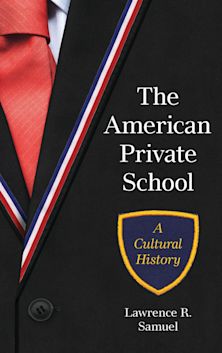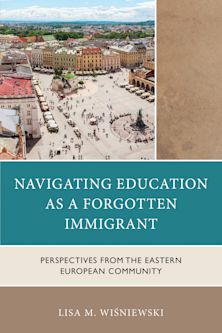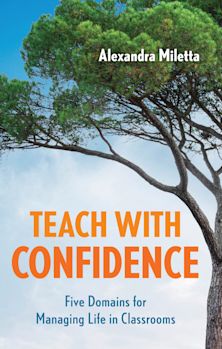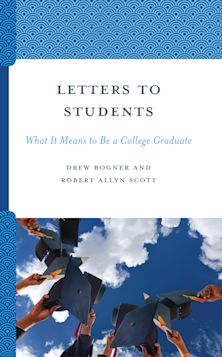Teaching Literacy in Urban Schools
Lessons from the Field
Teaching Literacy in Urban Schools
Lessons from the Field
This product is usually dispatched within 1 week
- Delivery and returns info
-
Free US delivery on orders $35 or over
Description
Today’s public schools represent greater student diversity than ever before in the history of the United States, yet pedagogical approaches as mandated by state education agencies and school districts superimpose mainstream curricula and instructional practices which ultimately disadvantage the academic outcomes of the majority minority: African American and Hispanic/Latino(a) students. Unfortunately, national report findings also heighten the educational crisis that exists for Black and Brown children with regard to reading and writing achievement. As a result, there is need to deeply explore the relationship between Black and Brown student literacy achievement and educational policy, teacher education program, curriculum, and assessment.
This book seeks to provide some practical insights guided by conceptual and contextual knowledge by understanding how to teach urban African American and Hispanic/Latino(a) students by discussing culturally appropriate instructional strategies that have demonstrated success among African American and Hispanic/Latino(a) students. This book will showcase successful models for teaching literacy to urban student through a discussion of topics that include: (1) increasing literacy achievement and motivation, (2) multicultural literacy practices, and (3) early and elementary literacy instruction.
Table of Contents
Introduction
Part I: The Classroom as Community: Academic, Social, and Cultural Needs for Urban Learners
Chapter 1: Still Keepers of the Dream: Lessons Learned from Elementary Literacy Educators
Meredith Dana and Lakia M. Scott
Chapter 2: Not So Elementary: Preservice Teachers Reflect on Teaching Urban Middle School Struggling Readers
Lakia M. Scott and Randy Wood
Chapter 3: The Power of the Pen: Writing with Spoken Word Poetry
Lauren Bagwell, Karon LeCompte, and Brooke Blevins
Chapter 4: Lovin the Skin I’m In: Advocating for “stories” via Young Adult Literature
Mona Choucair
Part II: Strategies, Approaches, and Models for Increasing Literacy Motivation and Achievement
Chapter 5: Aesthetic Approaches for Teaching Writing to Upper Elementary Students
Amanda Gardner and Evan Ditmore
Chapter 6: The 3CO Approach to Writing Instruction
Nancy P. Gallavan and Gloria L. Loring
Chapter 7: Supporting Emergent Learners in Their Beginning Steps Toward Literacy
Margaret Thomson
Chapter 8: Using Picture Books to Engage Beginning Readers and Writers in Visual Literacy
Jacqueline Easley
About the Editors
About the Contributors
Index
Product details
| Published | Mar 06 2018 |
|---|---|
| Format | Hardback |
| Edition | 1st |
| Extent | 150 |
| ISBN | 9781475839326 |
| Imprint | Rowman & Littlefield Publishers |
| Illustrations | 2 b/w illustrations; 1 b/w photos; 5 tables; 5 textboxes |
| Dimensions | 9 x 6 inches |
| Publisher | Bloomsbury Publishing |


































